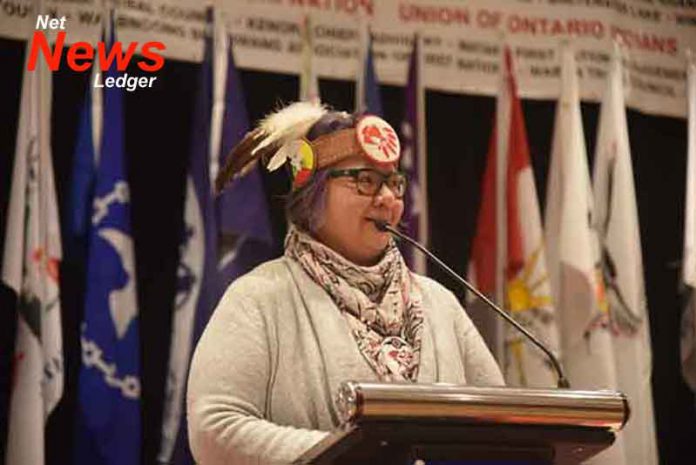OTTAWA – The Assembly of First Nations (AFN) is calling on the Government of Canada to send emergency funding directly to the First Nations Emergency Services Society (FNESS) in British Columbia to ensure quick service to First Nations impacted by catastrophic flooding and landslides, resulting in many First Nations now being under evacuation order.
“It is imperative that First Nations concerns are addressed by Emergency Management BC (EMBC), the provincial program contracted to provide emergency services to First Nations, without delay. We saw the devastation caused when municipal emergencies were prioritized over First Nations during the summer wildfires. Everyone’s life matters. First Nations have a reasonable request to be treated equally and equitably,” said AFN National Chief RoseAnne Archibald.
The Province of BC signed a $29-million Emergency Services Agreement with Indigenous Services Canada in 2018 to provide emergency services to First Nations in BC through EMBC. This agreement included 28 Emergency Management Coordinator positions for First Nations, positions that have not yet been filled. EMBC contracted FNESS to provide emergency management and FireSmart training for wildfires, and to enact emergency plans for First Nations. Providing funding directly to FNESS will help ensure First Nations receive the help they need without delay.
“First Nations jurisdiction must be recognized in all areas, including emergency management. We are the most at risk during these catastrophic climate events, which are sadly no longer isolated incidents but ongoing repercussions of climate change,” said British Columbia Assembly of First Nations Regional Chief Terry Teegee. The Province of BC declared a State of Emergency on November 17, 2021, one day after Regional Chief Teegee and other BC First Nations leaders called on the province to do so.
First Nations are 18 times more likely to be evacuated due to emergencies than non-First Nations and are still battling COVID-19 on top of flooding, the aftermath of wildfires and infrastructure damage as they move into the winter season.
“First Nations, especially remote, are often the first to directly feel the impacts of climate change. Sustainable planning for the future requires immediate and equitable investments that respond to our ever-changing climate. Our unique relation with the land and the water requires our voices to lead decision making required in response to this global emergency,” said AFN Yukon Regional Chief Kluane Adamek.

